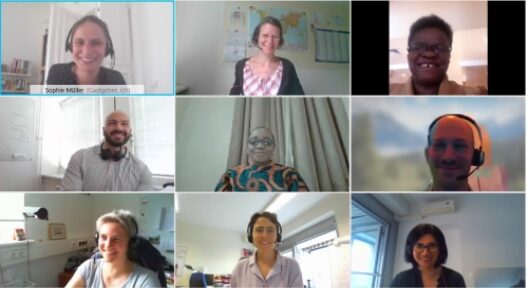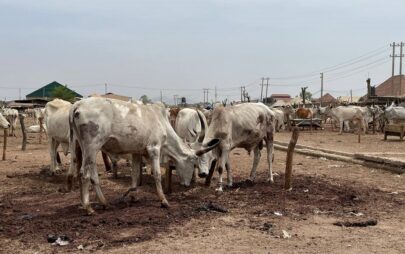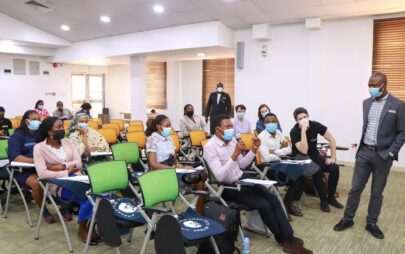BCHW – Corona Global: Burden of COVID-19 Among Health Care Workers
Assessing Vaccine Coverage and Effectiveness, Infection, Risk Factors, Working Experiences and One-Health Implications: a Mixed Methodology, Multisite International Study

Short Description
Health workforce is the key to health systems resilience. WHO describes a well-performing health workforce as “one that works in ways that are responsive, fair and efficient to achieve the best health outcomes possible, given available resources and circumstances”. In the current COVID-19 crisis, health care workers (HCWs) are a critical part of the health system’s ability to respond to the pandemic. They can be at higher risk of SARS-CoV-2 infection as they may be directly or indirectly exposed to COVID-19 patients. If infected themselves, they could contribute to further hospital transmission, may spread the virus into their families and environment, and may be in close contact to vulnerable patients at a high risk for severe COVID-19.
The African region that has been previously hit by other Public Health Emergencies of International Concern such as multiple Ebola outbreaks in the last decade. A review on COVID-19 in Africa reported gaps in response capacities, especially in human resources, vaccine availability and access, and personal protective equipment, which put HCWs at higher risk of infection and leads to greater physical and emotional exhaustion as well as other contextual challenges. In an effort to better address research gaps in this at-risk population, a joint multidisciplinary expert collaboration at Robert Koch Institute partner institutions in Sub-Saharan Africa as well as the Friedrich-Loeffler-Institute identified the following four priority modules to be addressed using a multi-dimensional and complementary approach.
Project Objectives
- M1: This module will be carried out as a repeated cross-sectional study. The aim is to determine vaccine and effective vaccine coverage, as well as incidence of symptomatic and asymptomatic acute SARS-COV-2 infections, and its seroprevalence relatively to vaccine status among healthcare workers.
- M2: This module will aim to use the data collected in the cross-sectional surveys to assess vaccine coverage, infection-associated clinical presentation, occupational exposures, risk factors, knowledge, attitude, perception and practices of HCWs. Using these results, an intervention may be planned and implemented accordingly
- M3: This module will analyze the experiences of HCWs to identify challenges, support needs and effective coping and support strategies. The study, which follows a mixed-method design, will be developed and piloted in Nigeria and Germany and subsequently implemented in the Democratic Republic of the Congo and Cote d’Ivoire
- M4: Strengthening Public Health Systems through a One Health approach: Fostering in country capacities for diagnostics, molecular epidemiology and field investigations across sectors. Putting theory into practice by the example of SARS-CoV-2 (a joint module between RKI and FLI)
Last update: July 2022

